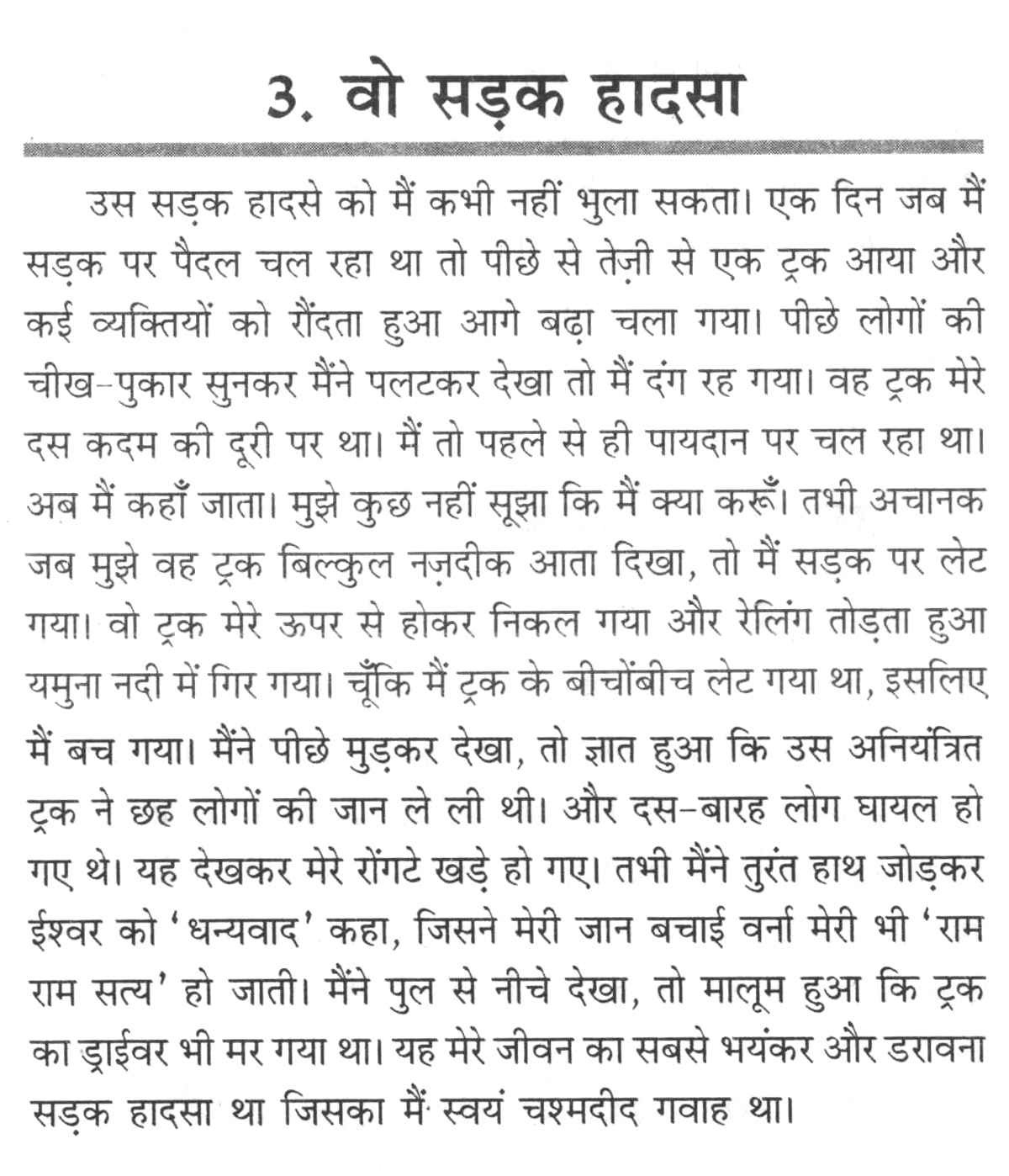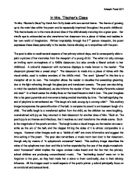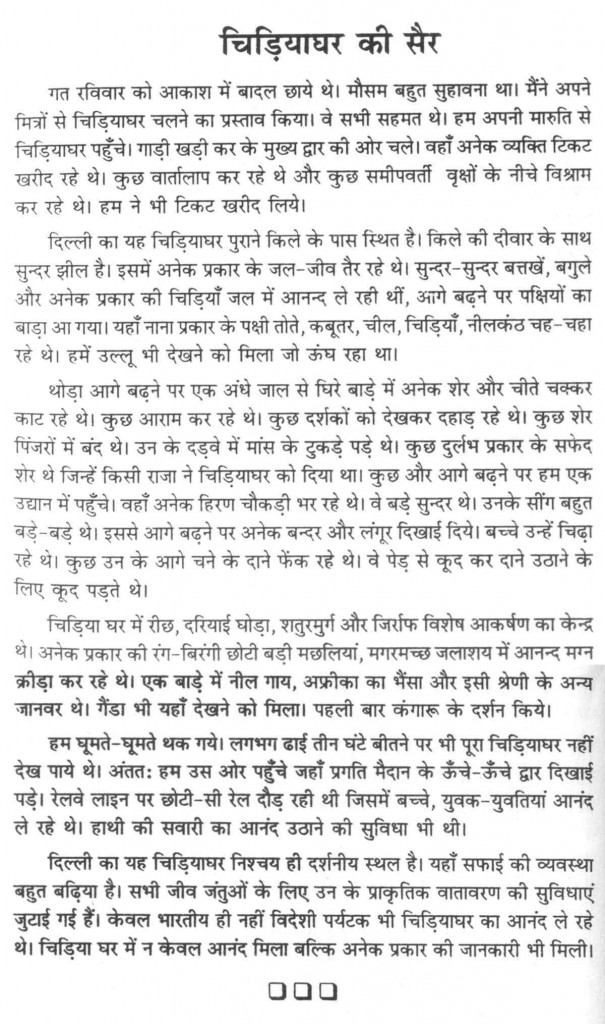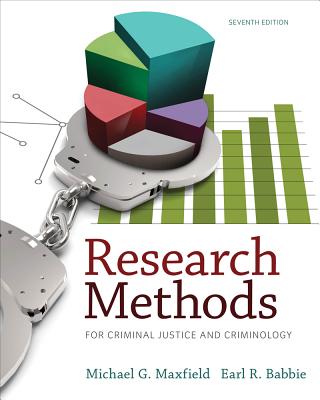Tips for Writing Thick Descriptions for Ethnographies and.
The term thick descriptions was first used by Ryle (1949) and later by Geertz (1973) who applied it in ethnography. Thick descripton refers to the detailed account of field experiences in which the researcher makes explicit the patterns of cultural and social relationships and puts them in context (Holloway, 1997). This can be contrasted with thin description, which is a superficial account.
While observation is central to ethnographic methods Mauss's work is a meta-analysis of ethnographic studies, carried out by other isolated authors studying particular cultural practices. Ivo is right on this. You might consider reading, although it's dated now, James P. Spradley on the Ethnographic Interview.
Qualitative Research-Ethnographic Research-the Aspect of Thick Description. The origins, cross-disciplinary evolution, and definition of “thick description” are reviewed. Despite its frequent use in the qualitative literature, the concept of “thick description” is often confusing to researchers at all levels.
Description. This research guide discusses ethnographic case study. While there is much debate over what, precisely, delimits a case study, the general consensus seems to be that ethnographic case studies differ from other types of case studies primarily in their focus, methodology, and duration. In essence, ethnographic case studies are case.
Other posts on the site.
The roots of this confusion are explored and examples of “thick description” are provided. The article closes with guidelines for presenting “thick description” in written reports. Key Words: Thick Description, Ethnography, Grounded Theory, Phenomenology, Thick Interpretation, Thick Meaning, and Qualitative Writing One of the most important concepts in the lexicon of qualitative.
It is, simply put, the foregrounding of texts not created by and through our own fieldwork as equally important in our attempt to reach a thick description. Thus, I distinguish between the ethnographer’s own experiences and their textual representations, and other forms of pre-existing texts gathered in or about the field of research.

















